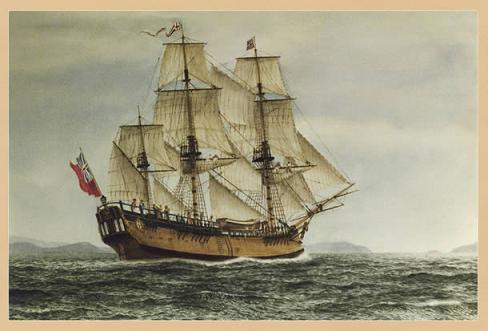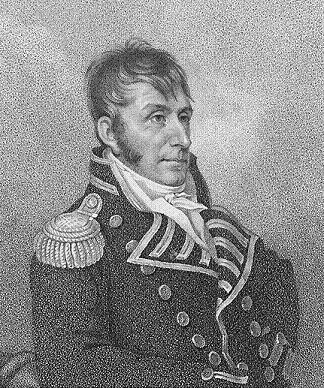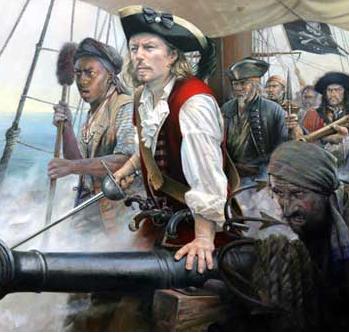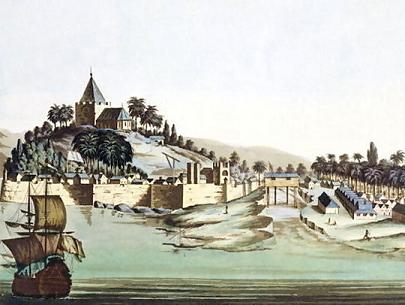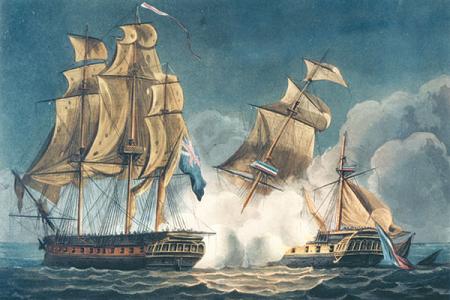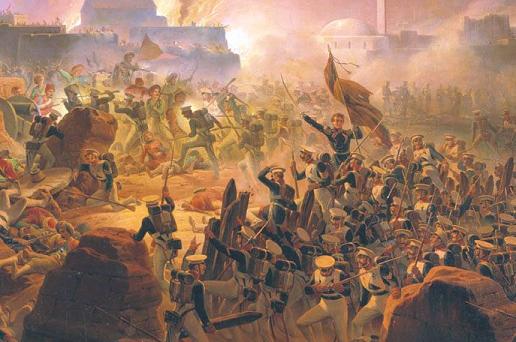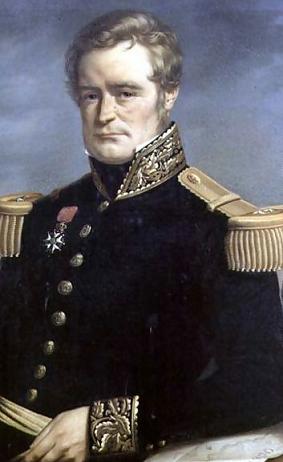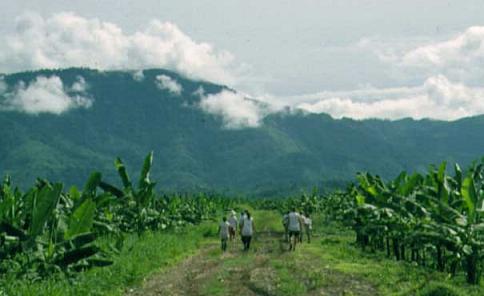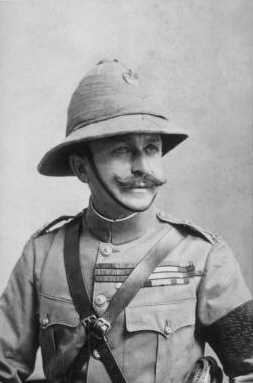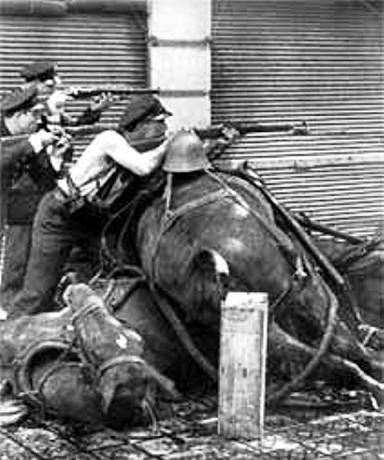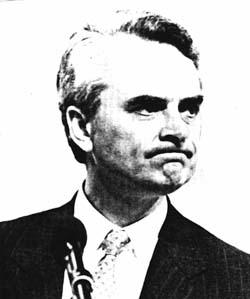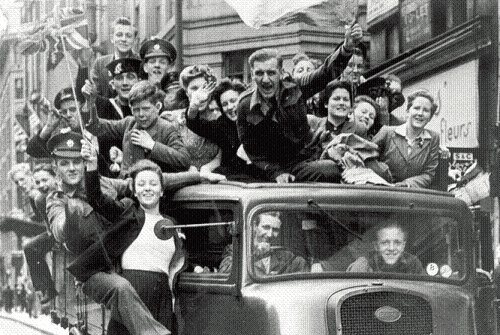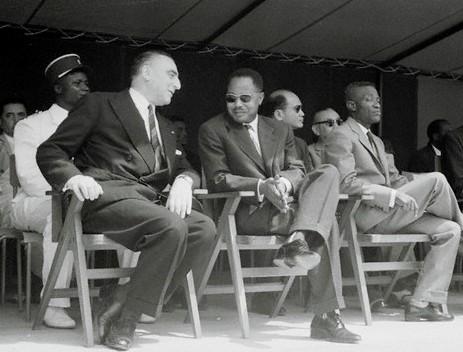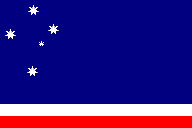
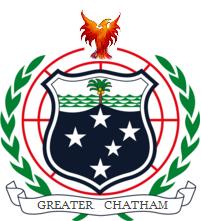
The Republic of Greater Chatham
Motto: "Peslusum vel nex"
Anthem: Chatham, Beautiful and Free
Capital: Chatham Towne
Population
2010 estimate: 1,303,410
Density: 70.2 per km2
Largest city: Chatham Towne (pop 651,880)
Area
Total area: 18,575 km2
Water area: 1.3%
Government
Head of state: Governor George Maxwell
Government type: Non-partisan Republic
UN Classification: Democratic Socialist
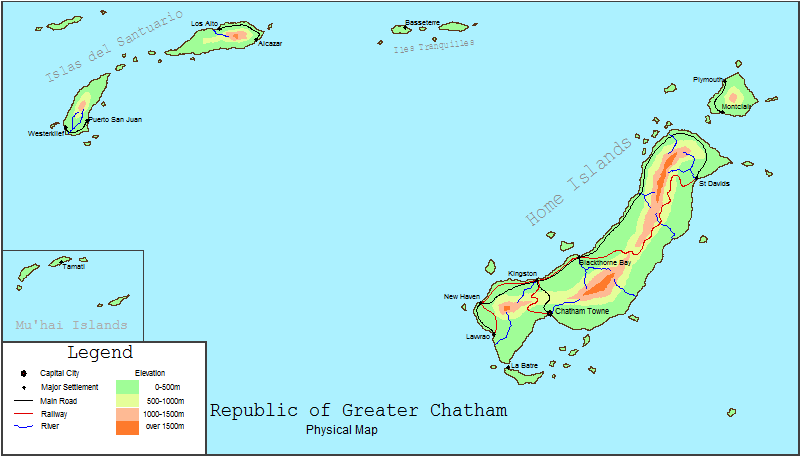
Other Information
Official languages: None
In practice: English, Spanish, French, Mu'hai
Demonym: Chathamite
Currency: Greater Chatham Facchar (GFC)
Date format: dd/mm/yyyy
Drives on the: Left


